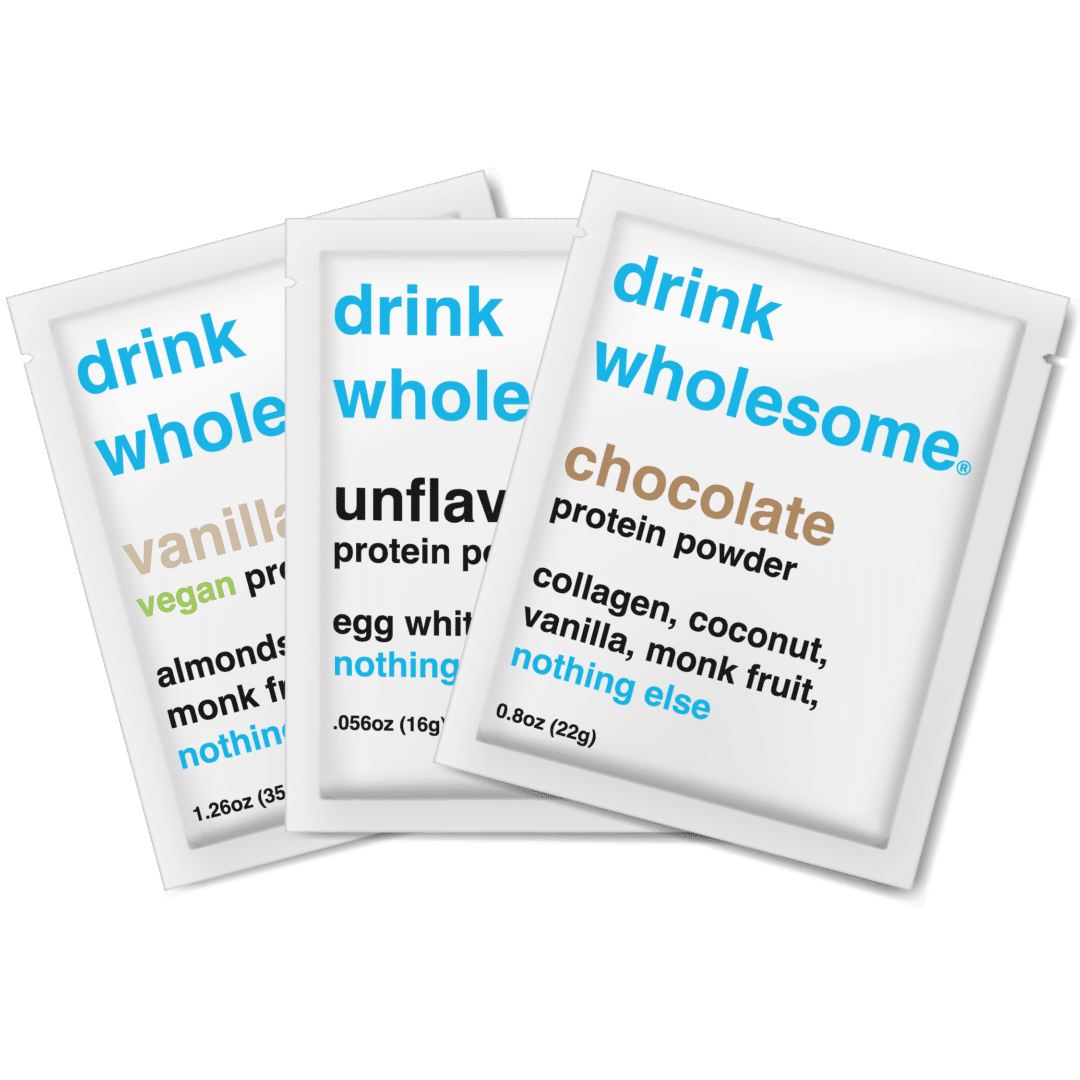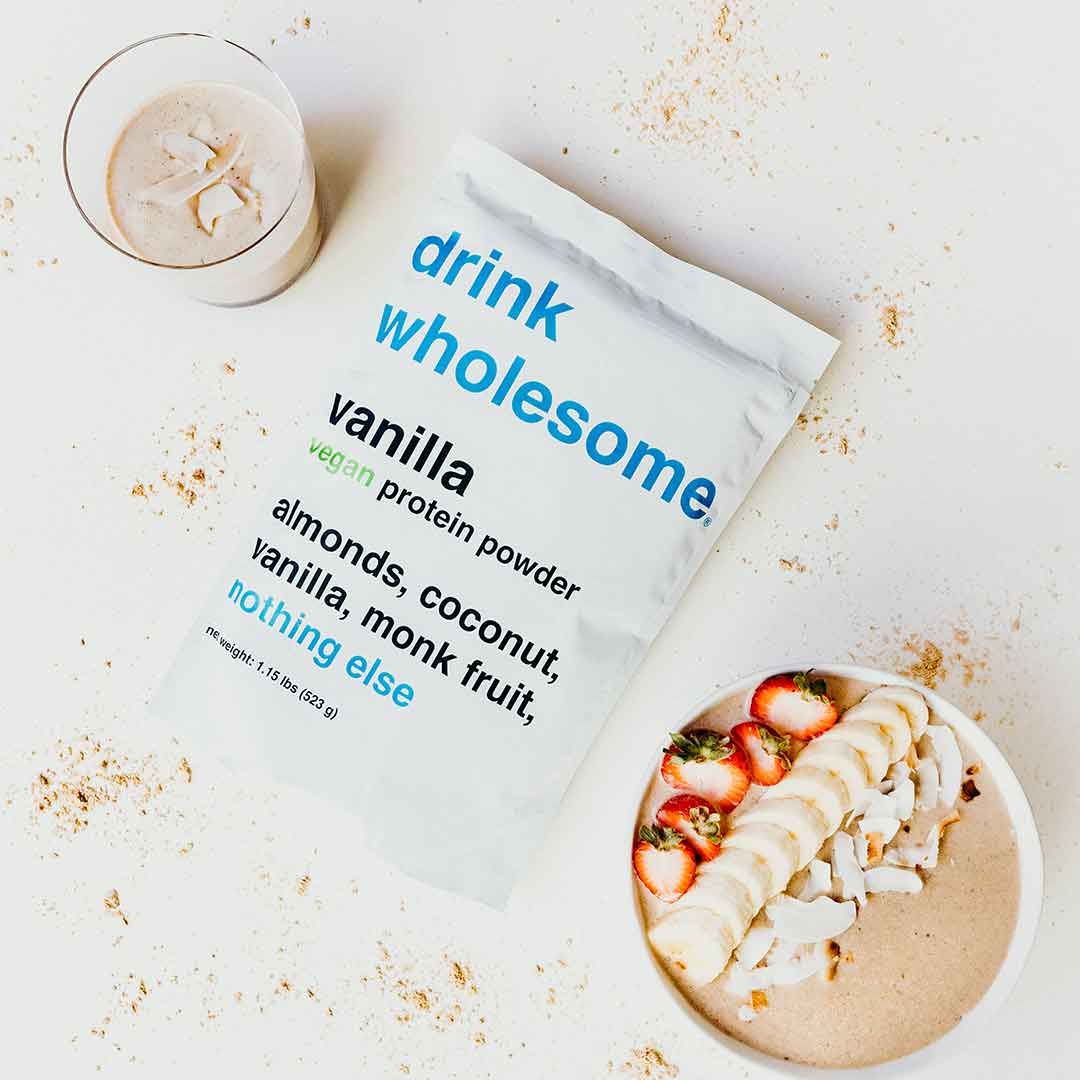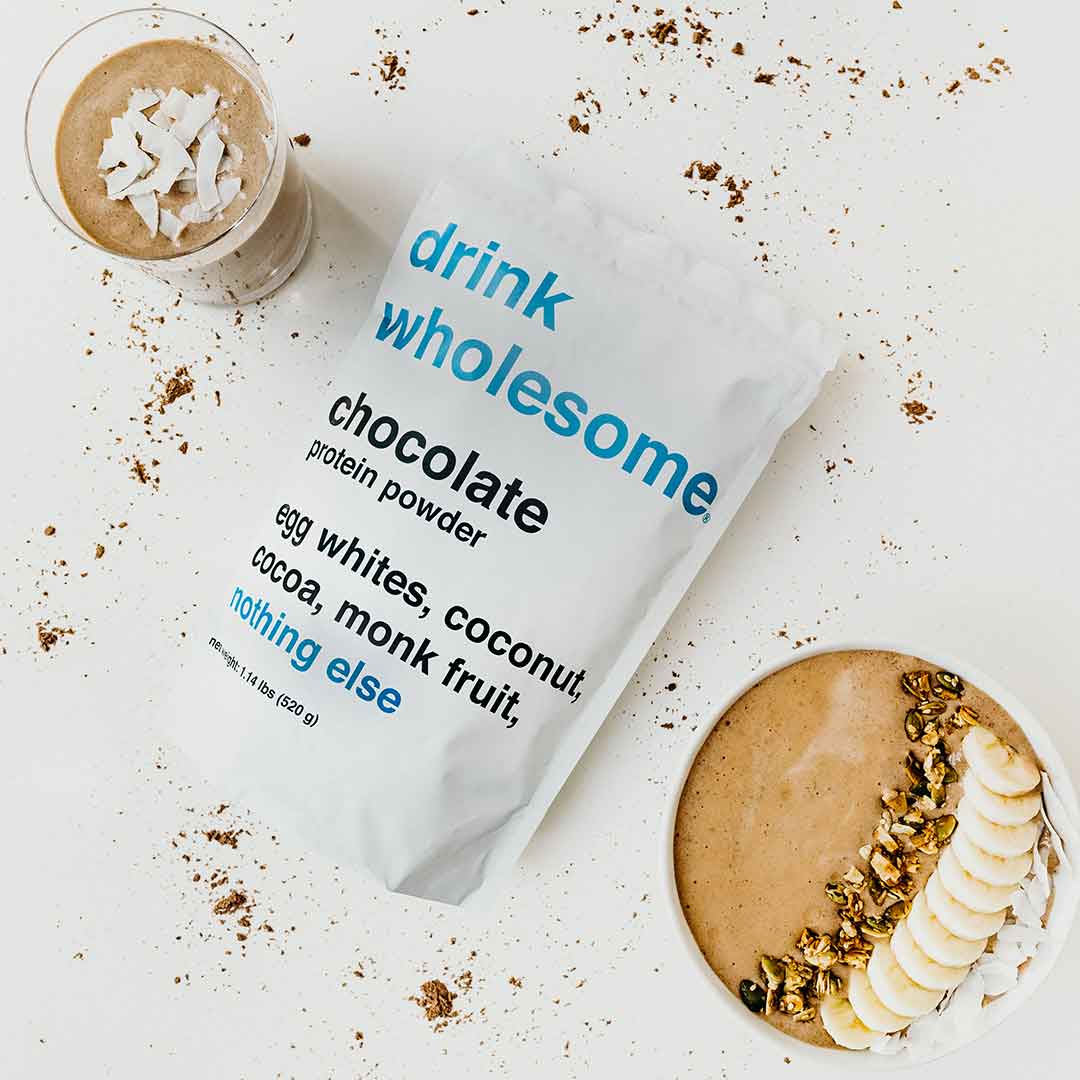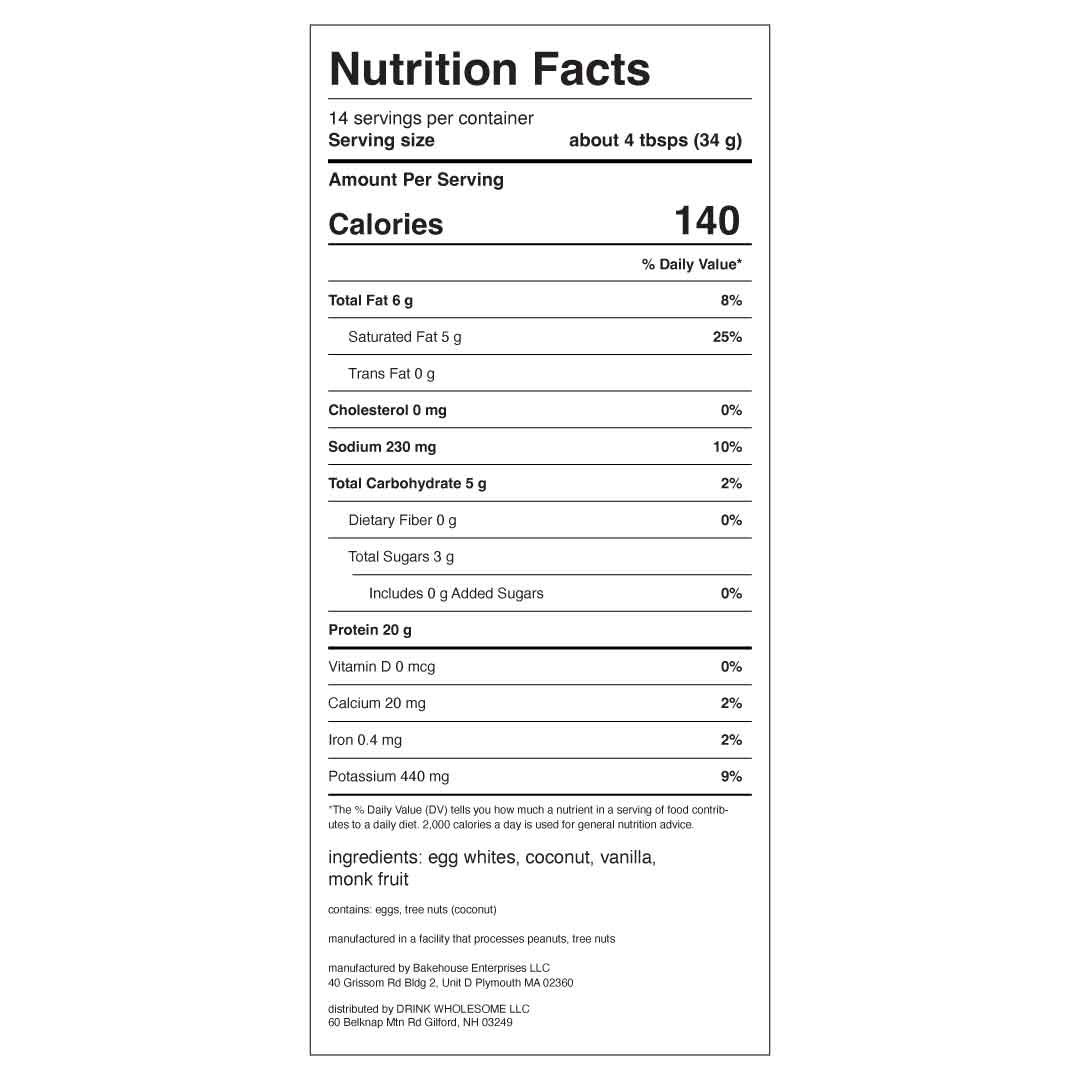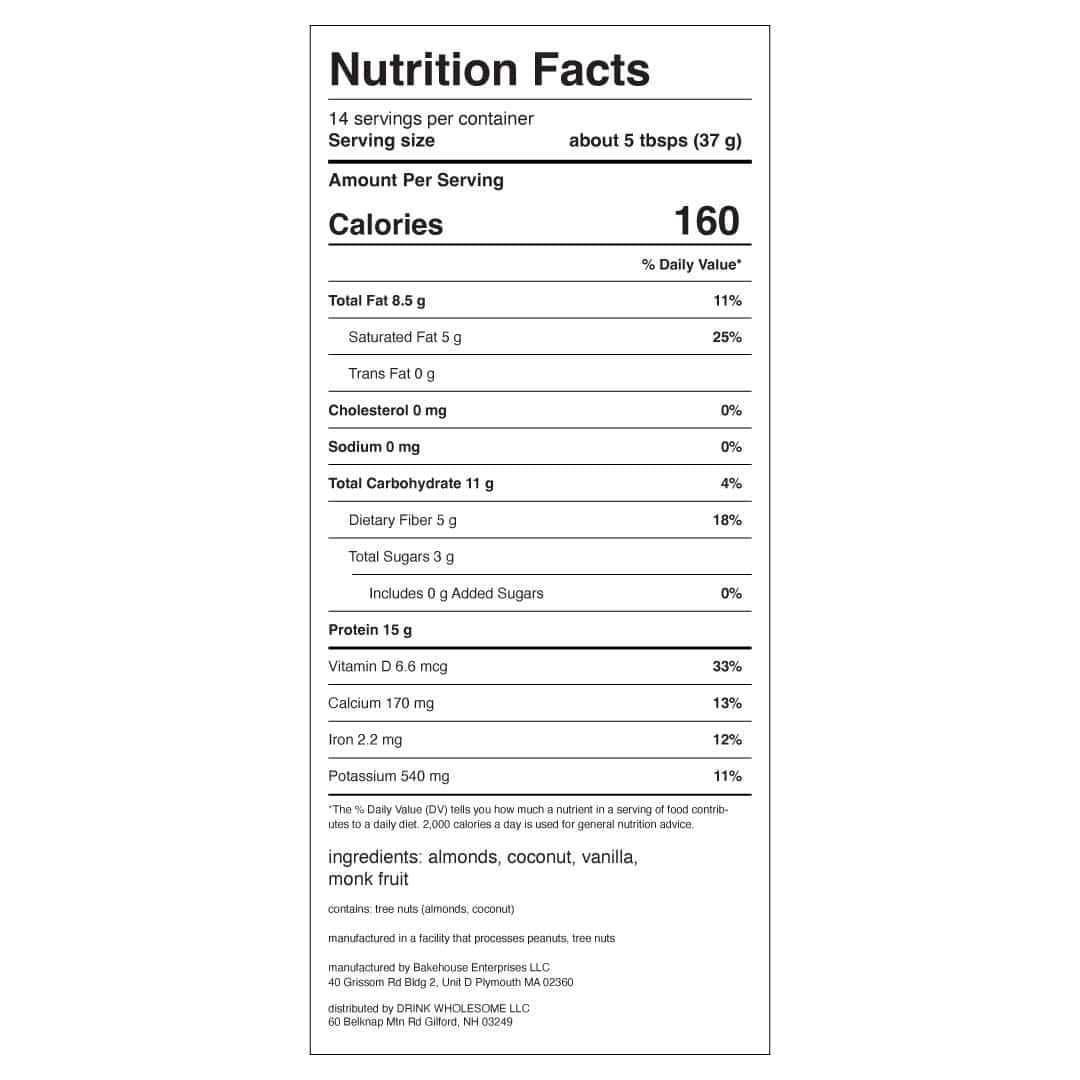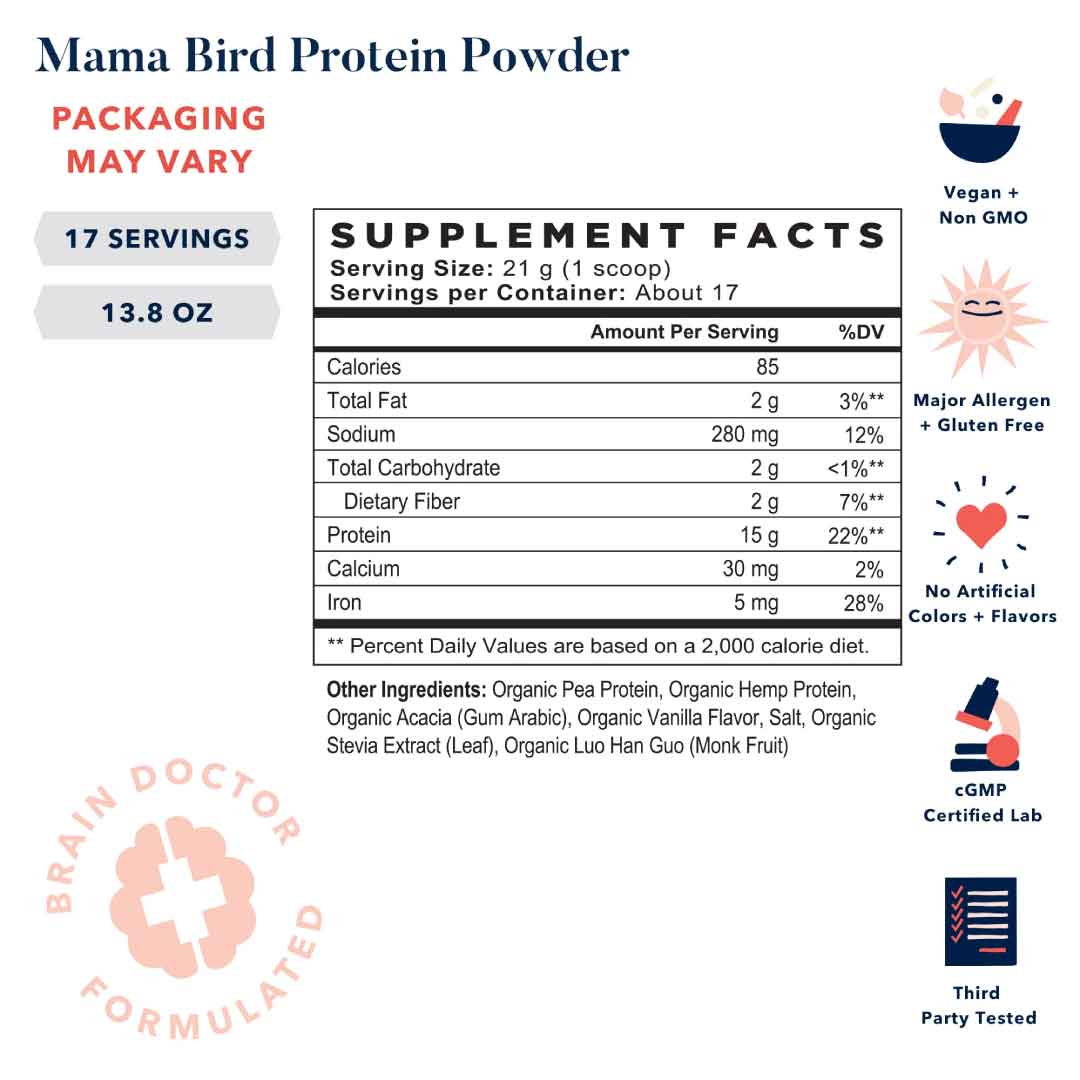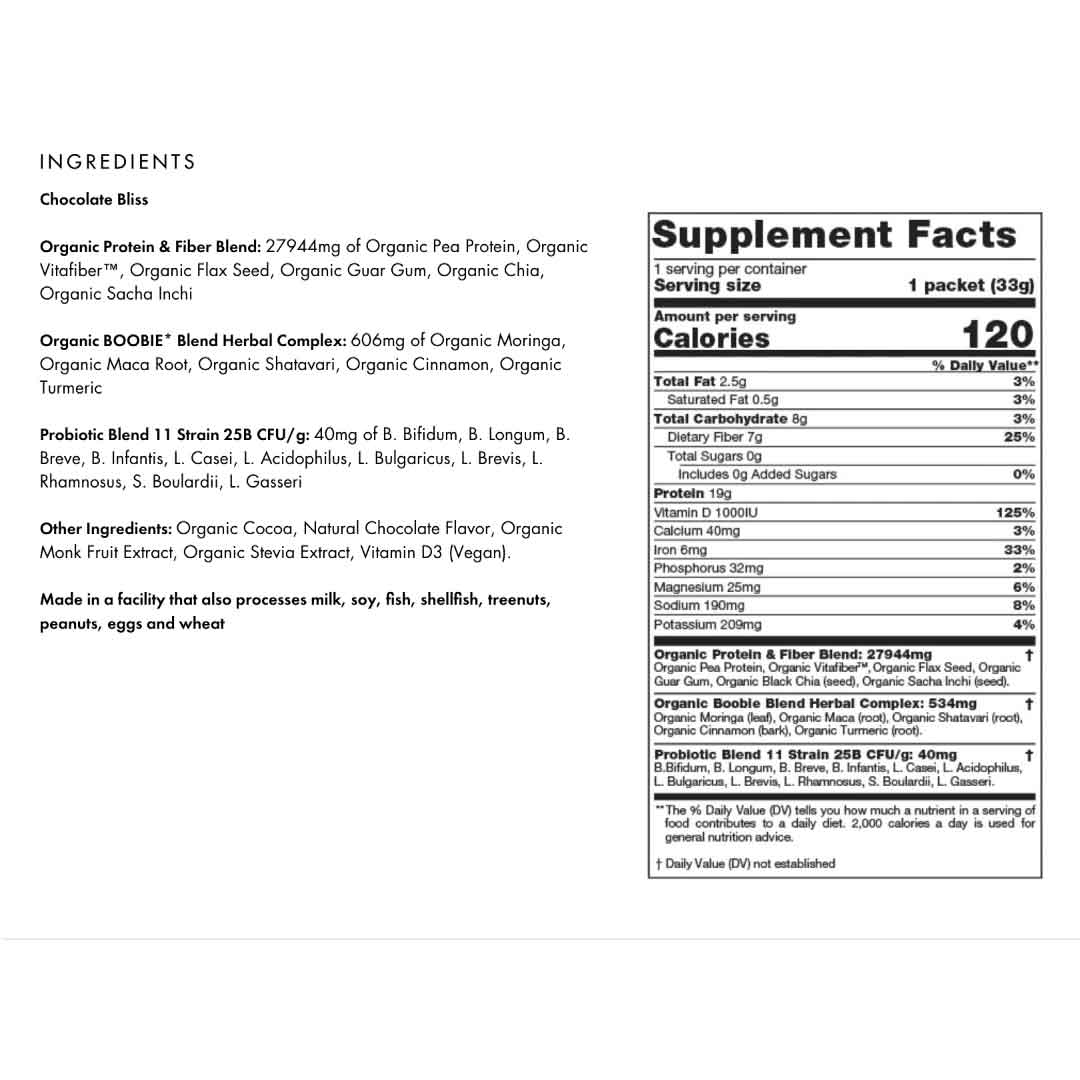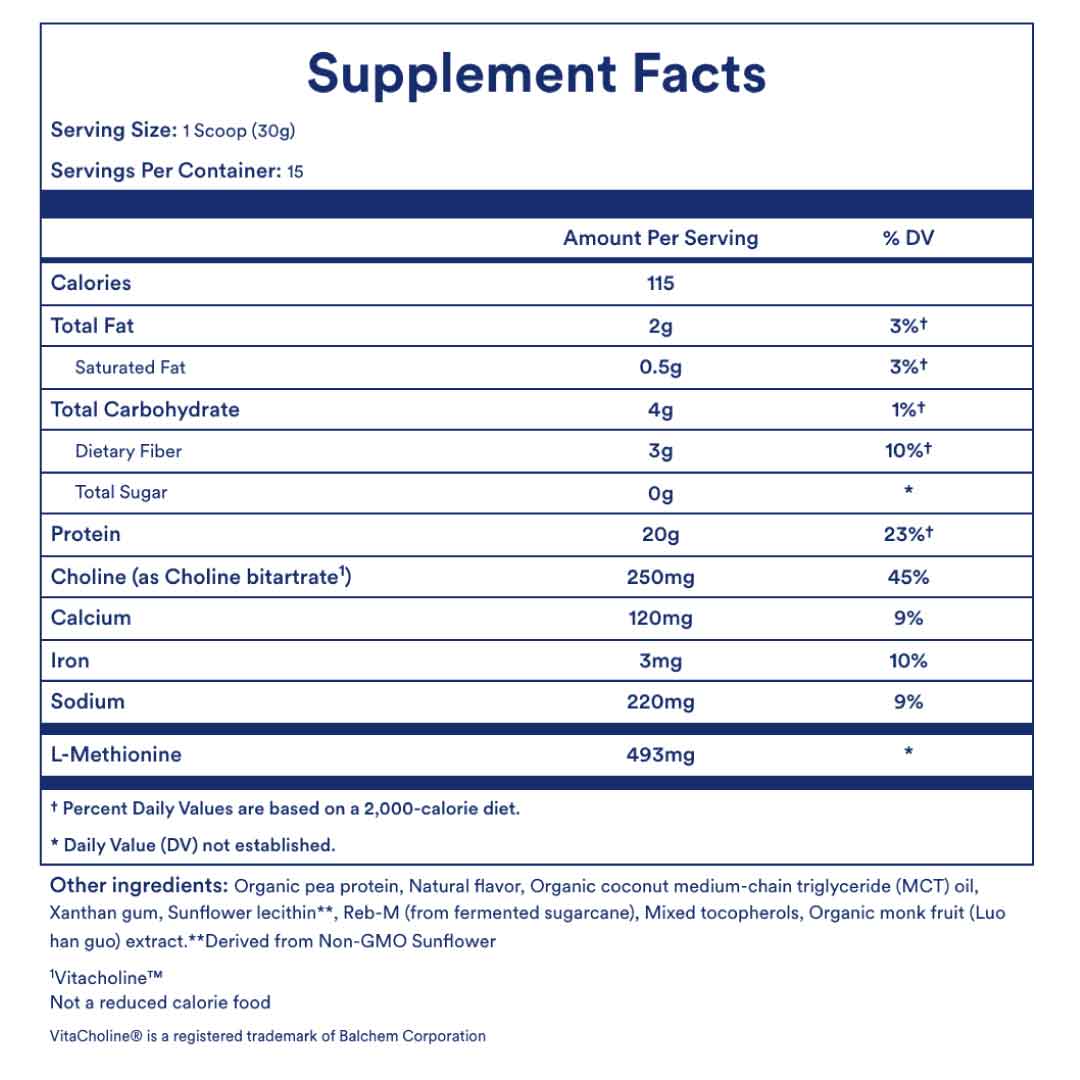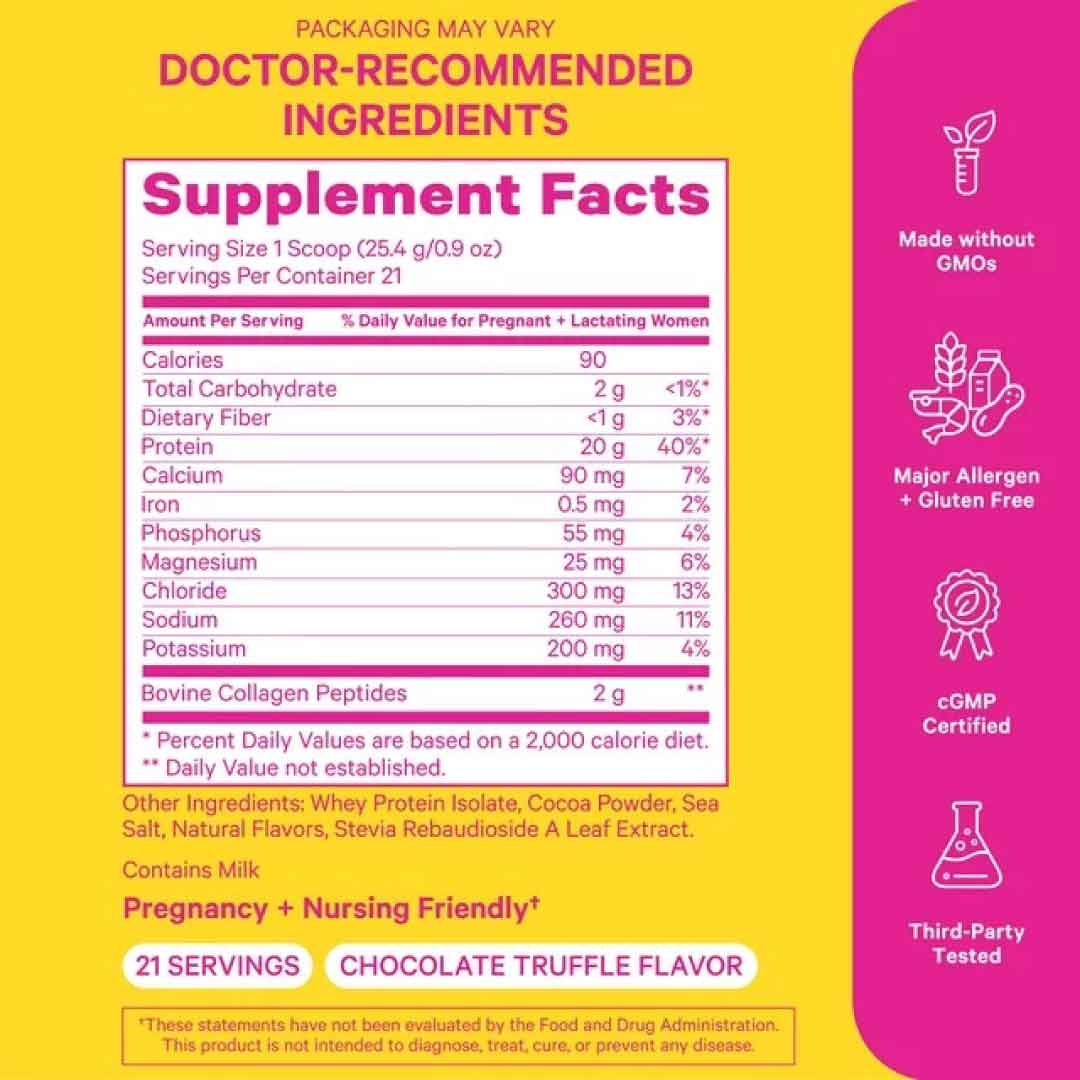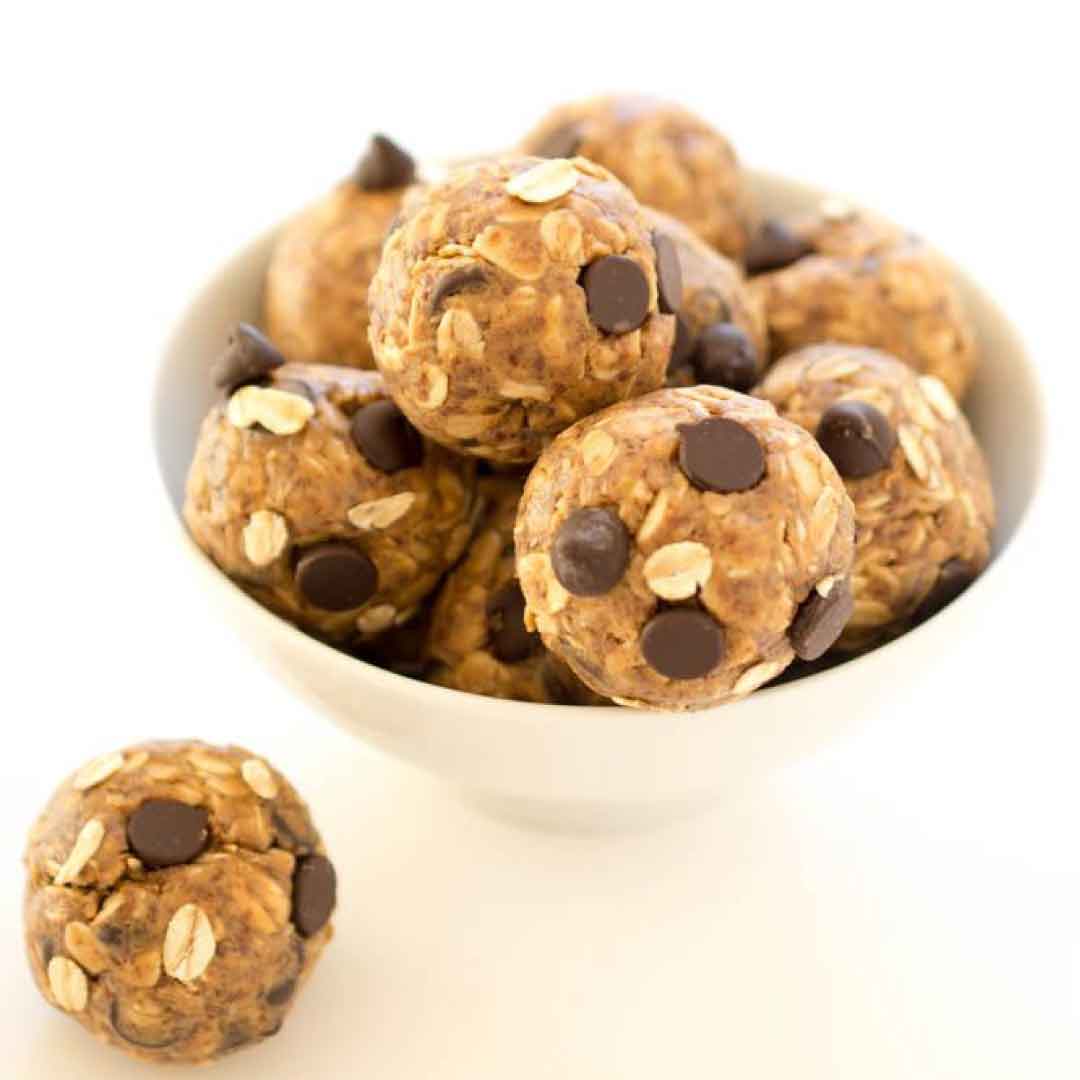How to pick a supplement that is right for you
When it comes to breastfeeding, maintaining optimal health for both mother and baby is essential. This includes consuming adequate protein, which is crucial for the growth and development of the baby, as well as the mother’s health. Not all protein powders are created equal, however, and not all are safe for breastfeeding mothers. To ensure that you are using a breastfeeding-safe protein powder, it is important to consider several factors.
– Protein is essential for both the growth and development of the baby and the mother’s overall health during pregnancy.
– Choosing a protein powder safe for breastfeeding requires consideration of several factors, such as ingredients, nutrition, and safety standards.
– The best breastfeeding-safe protein powder should contribute to a healthy gut and be suitable for prenatal needs.
– Consulting with a healthcare professional before adding protein powder to your diet while breastfeeding is crucial.
– There are many ways to incorporate protein powder into your diet, including protein shakes, baked goods, and smoothies.
Can you use protein powder while breastfeeding?
As a breastfeeding mom, you want to make sure that you are providing your baby with the best possible nutrition. This means getting all the nutrients needed to support your health and lactation. Of these nutrients, protein is one of the most important.
Meeting your daily protein needs as a busy mom can be really hard, especially if you have dietary restrictions. This is where protein powder can help. Adding a scoop of protein powder to your diet is an easy way to ensure you are eating enough protein for both you and your baby. With so many options on the market, however, it can be hard to know which ones are safe and effective. Keep reading to learn more.


